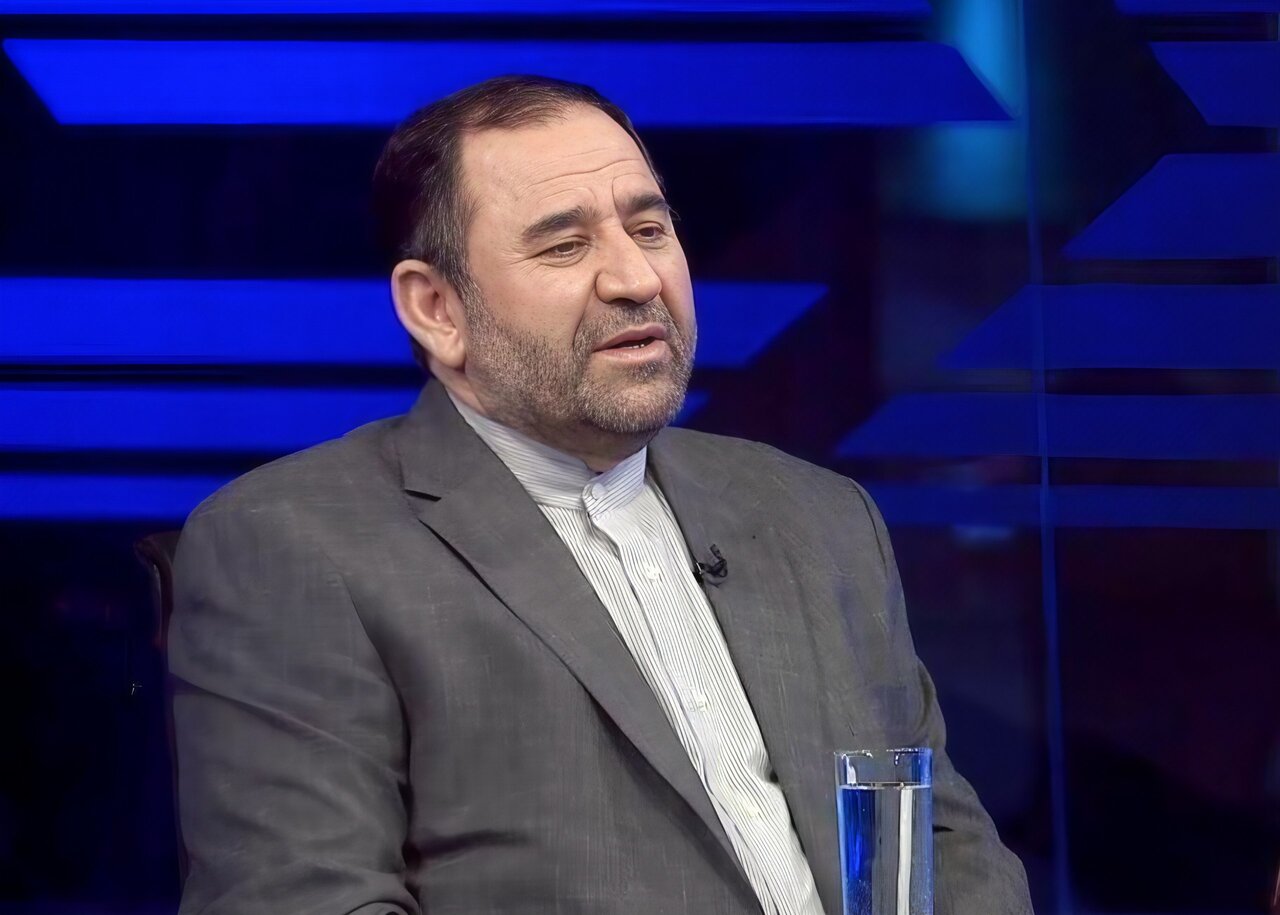Iranian embassy in Syria to resume operations soon: amb.

TEHRAN – In a Sunday night interview with Iranian national television, Hossein Akbari, Iran's ambassador to Syria, announced that the Iranian embassy in Damascus is set to resume its operations shortly.
Unknown individuals attacked the premises on December 8, the day President Bashar al-Assad’s government collapsed following an 11-day insurgency by armed opposition groups.
Akbari highlighted that Iran had anticipated these developments and had taken measures to safeguard its embassy staff.
"We relocated our embassy personnel to Beirut for a few days to ensure their security and prevent any potential damage," he explained.
With assurances of security from all involved parties, Akbari stated that Iran plans to restart consulate activities soon.
The ambassador noted that he and his team remained at the embassy until late Saturday night, closely monitoring the situation as Damascus was on the brink of falling.
He emphasized that the speed and nature of recent events in Syria caught everyone off guard, including government officials and even those orchestrating actions behind the scenes.
According to Akbari, the armed groups' escalation stemmed from retaliatory actions against perceived enemies, particularly after their bases were bombed by Syrian and Russian forces. This thirst for revenge, he explained, fueled their operations.
Their first target, Aleppo, however, surprisingly fell in a matter of 2 to 3 days, despite having resisted for five years during a previous insurgency. “This fundamentally altered the dynamics on the ground,” The envoy explained, adding that the Syrian army's lack of resistance encouraged armed groups to expand their operations from various directions.
Syria’s future
Elsewhere in his remarks, Akbari emphasized that Syria will not follow Libya's trajectory due to distinct geographical and regional differences.
Libya experienced widespread and significant disorder following the fall of Muammar Gaddafi in 2011. The country descended into a civil war, with various factions and militias vying for power, leading to widespread violence, political instability, and humanitarian crises. A single unified government has yet to be formed in Libya and different regions are under the influence of different entities.
"Syria will not become like Libya, but it will face challenges similar to those experienced by Libya," he explained, adding that each group or region, supported by certain foreign powers, seeks to assert its rights in the future government.
Akbari reiterated the detrimental role of the Israeli regime in Syria's current predicament, aiming to prevent the establishment of a strong government that could pose a threat.
He also stated that U.S. policies align with Israel's interests, presenting daunting challenges for Syria. "The interests of the Zionist regime also shape U.S. policies," he added.
Leave a Comment